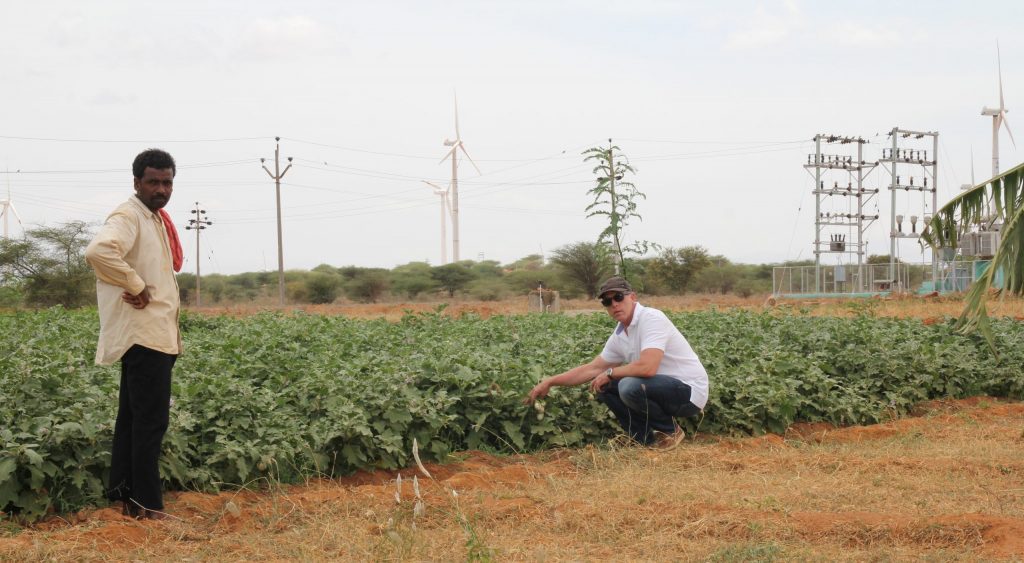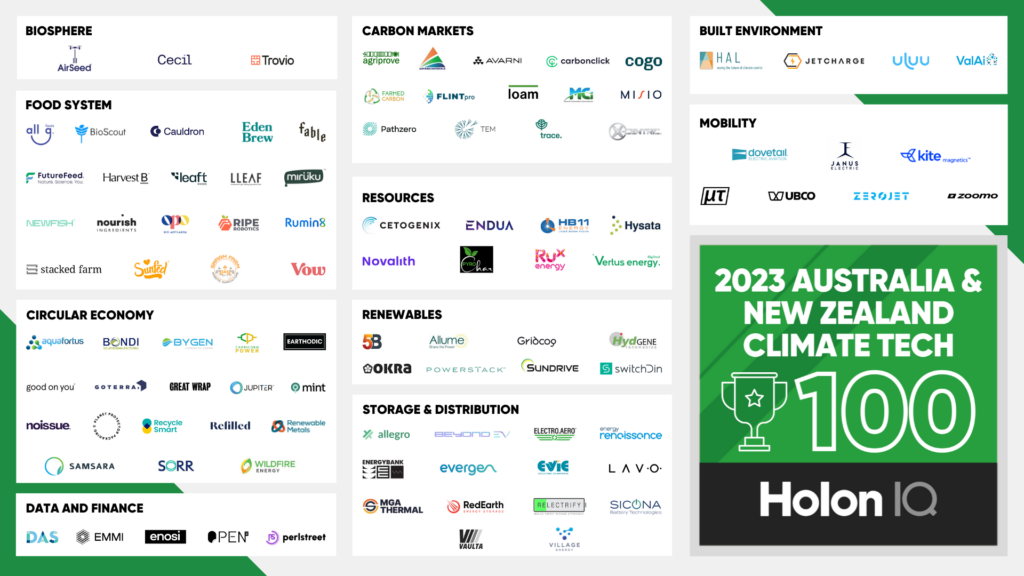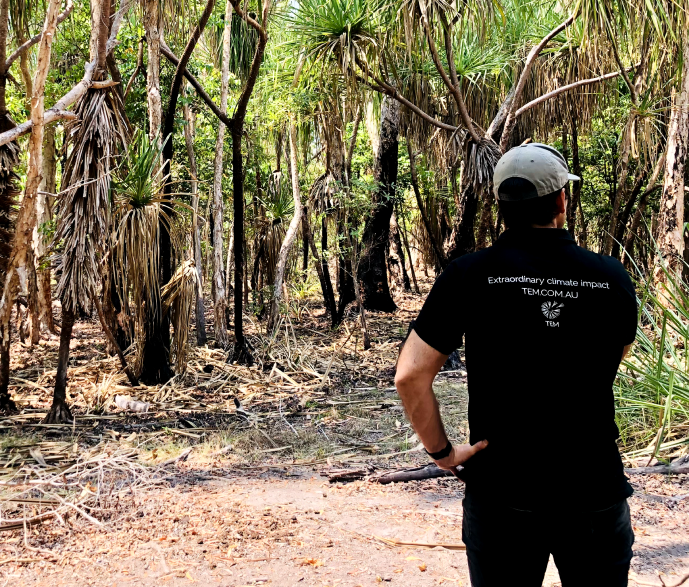Originally published by Andrew Grant on 24 March 2022.
As a veteran of carbon markets I thought it timely to provide some observations and comments around the opinions and media relating to carbon markets in Australia.
Over 20 years ago I began my career in carbon markets by auditing carbon footprinting and carbon neutral claims. My career was dramatically shaped by my lead role in guiding the Independent and Regulatory Pricing Tribunal of NSW (IPART) in the establishment of the first legislated carbon market in the world. I was charged with establishing integrity in methods, project development, audit, registries and credit issuance. As such, integrity is core to my professional DNA and I know no other way. I participated as a Director of the Cooperative Research Centre for Greenhouse Accounting which brought together all of the best scientific research in Australia on greenhouse accounting and abatement methods.
For the following 10 years I led the largest carbon project development company in the Southern Hemisphere establishing carbon projects in Australia, New Zealand and Vietnam.
I have been involved in all aspects of carbon markets and schemes across the globe. And so I have a deep understanding of their strengths, weaknesses, benefits and flaws.
Building upon this market knowledge, Tasman Environmental Markets (TEM) was established in 2014 to support companies and individuals in their journey to carbon neutrality and net zero emissions. The market is complex, confusing, ever changing and difficult for organisations to navigate. TEM was built and continues to be focused solely on supporting our customers to be confident that their offsetting has integrity, impact, value and purpose. As more and more service providers and companies enter this market, the principles of integrity have never been more important.
So let me make some observations:
Price does not equal value or quality
One of the most repeated myths by market commentators is that low cost credits are of poorer quality. This is simply not true. Having developed and visited many projects across the globe, some of the highest impact projects I have ever visited have produced some of the cheapest credits. Ever since the European Carbon Market stop allowing certified emission credits into their scheme, the market for these credit types dried up and the price dropped. Simple market economics. Many of these projects were transferred into the Voluntary Carbon Market in an attempt to secure ongoing commercial viability. In recent years and especially over the past year, some of these prices have increased over 500%. Same projects, same credits but more demand. Surprise surprise, the price goes up.
International credits are not of poorer quality to Australian credits
This is a highly contestable point and presumes that international regulatory standards (eg Gold Standard and Verra for example) have a lower methodology and audit standard to the Clean Energy Regulator. There is no evidence to support this claim and is typically a throw away line. TEM undertakes stringent due diligence processes to ensure offset integrity.
Integrity is vital
We regularly see investors pressing for action on how industries can reduce carbon emissions. They want attention to be diverted towards an overall ‘environmental balance’ that addresses all aspect of climate risk.
At a large scale, businesses can become a positive inspiration for their employees, with many people choosing future employment opportunities based on value alignment. Climate considerations within businesses not only shape internal competency but in partnering with TEM, they meet strict reporting and risk requirements under the Task Force for Climate-Related Financial Disclosure. TEM’s strict due diligence processes also ensure high integrity offsets are provided.
It is an increasing consideration that community health must come before anything else and being able to mitigate any negative climate effect your industry or your business has on this planet will ultimately mean that all future generations can enjoy the same, or better, quality of life as we do.





















